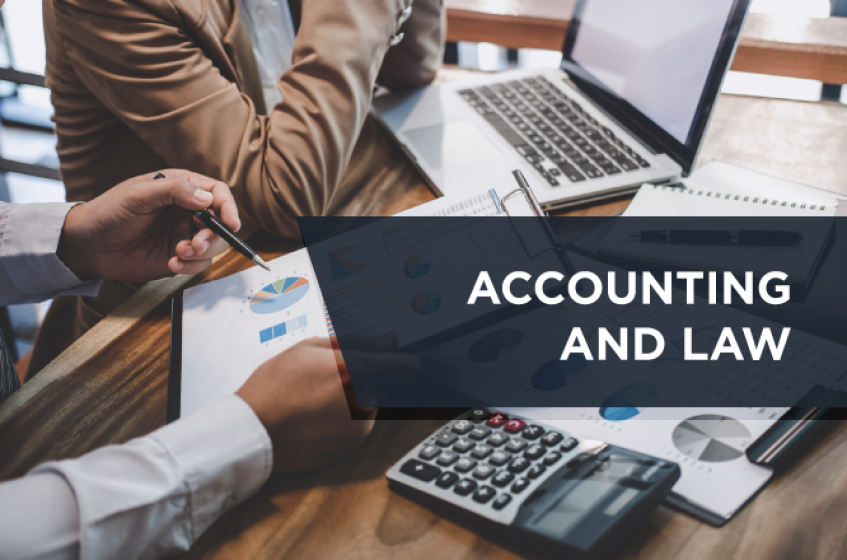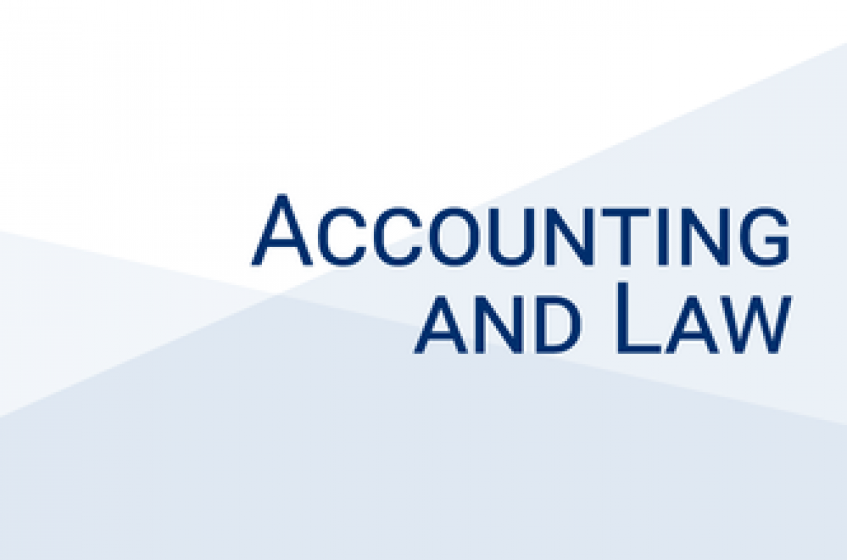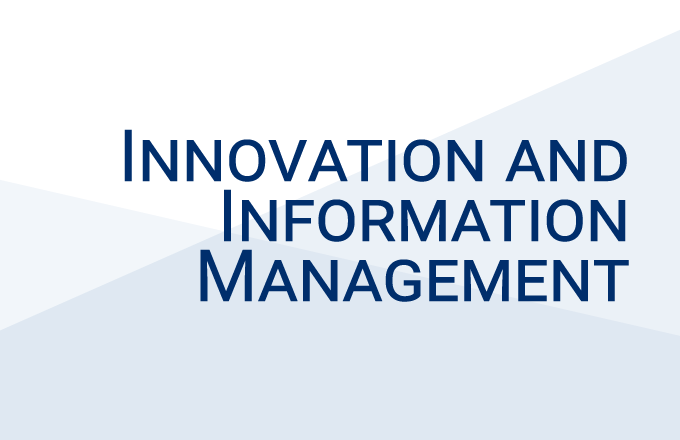Disclosed Corporate Site Visits: Audit Adjustments and the Quality of Financial Statements and Analyst Forecasts
Professor Bernard Y. Yeung
Chair Professor | Southern University of Science and Technology
Emeritus Professor| National University of Singapore
Council Member | ABFER
Using DiD regressions, we exploit the impact of mandatory and timely full disclosure of corporate site visits in China. We find robust evidence that the regulation improves the quality of auditing, financial statements, and analyst forecasts. First, after the full disclosure regulation, audit adjustments are significantly greater for a client firm with corporate site visits (i) when the client firm’s auditors have more pressure to avoid audit failures, or (ii) when more forward-looking information and accounting and finance topics are discussed during the visits. These results support the idea that detailed public disclosure of corporate site visits on an open-access website can press auditors to examine company financial records with extra care and can also reveal useful information. Second, the disclosure also raises audit adjustments for client firms in the same industry audited by the affected auditor or her peer auditors working in the same audit firm. Finally, these affected client firms, conditioned on having audit adjustments, issue higher-quality financial reports than other client firms: they have less discretionary accruals and a lower likelihood of issuing restatement. It also follows that these client firms have lower average analyst forecast errors and dispersion after the issuance of higher-quality financial reports. Overall, the evidence supports the notion that full disclosure of site visits via a public digital platform improves the quality of financial reporting by improving auditing services and, thus, improves earnings forecasts.














